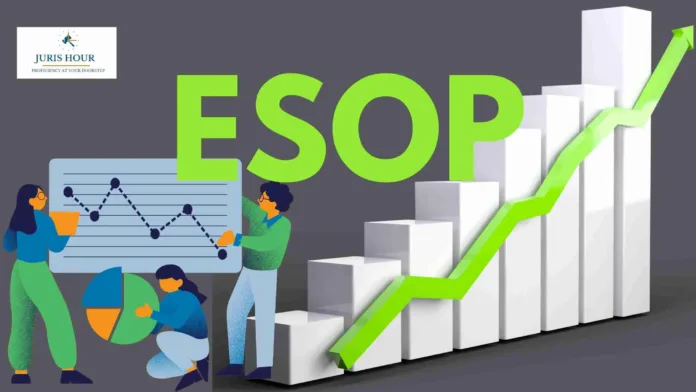The Mumbai Bench of Income Tax Appellate Tribunal (ITAT) while allowing the deduction under Section 37(1) of the Income Tax Act, 1961 has held that the Employees Stock Option Plan (ESOP) issued to employees is revenue expenditure and not capital expenditure.
The bench of Aby T Varkey (Judicial Member) and Amarjit Singh (Accountant Member) has observed that ESOP issued to the employees was revenue expenditure for the company in the interest of the business of the company so that talents of the employees is retained in the company to perform and compete in the market place.
The return of income declaring total income of Rs.30,77,08,160 was filed. The case was subject to scrutiny assessment and notice u/s 143(2) of the Act was issued on 07.07.2016. During the course of assessment the assessing officer noticed that the assessee company has debited an amount of Rs.167,97,854/- in the profit and loss account as Employee Stock Option Plan (ESOP) expenses.
The assessing officer asked the assessee to explain why the same should not be treated as capital expenses. The assessee explained that similar expenses it had claimed in assessment year 2009-10 and 2010-11 and the ITAT has decided the issue for both the years in its favour.
The assessee further explained that in the scheme of ESOP’s the company gives an option to its employees to purchase its securities at a price lower than the market price.
This was a practice which was exercised in order to benefit the employees in order to retain the employees and reward them for their contribution in the growth of the company.
It is also explained that its employees were the main assets, therefore, ESOP was issued to them purely from business perspective would qualify as business expenditure and the same was entitled to deduction under the guidelines prescribed by the Institute of Chartered Accountant of India.
Therefore, the assessee claimed that ESOP issued to the employees was revenue expenditure for the company in the interest of the business of the company so that talent is retained in the company so as to enable the company to perform and compete in the marketplace.
However, the assessing officer has not agreed with the submission of the assessee company. The assessing officer was of the view that in the scheme of ESOP, the company gives an option to its employee to purchase its securities at a price lower than the market price.
As per the scheme, the difference between the exercise value and the market value was paid by the company.
Therefore, the assessing officer was of the view that ESOP expenses were of capital nature, and cannot be allowed under section 37 of the Income Tax Act. Accordingly, the assessing officer has disallowed the total expenses of Rs.167,97,854/- and added to the total income of the assessee.
The tribunal while allowing the appeal held that ESOP expenses is an allowable deduction under section 37(1) of the Income Tax Act.
Case Details
Case Title: M/s Avendus Capital Private Limited Versus ACIT
Case No.: ITA Nos.1738 & 1739/Mum/2023
Date: 10.08.2023
Counsel For Appellant: Ashish Mehta & Sahil Sheth
Counsel For Respondent: Manoj Kumar Sinha





